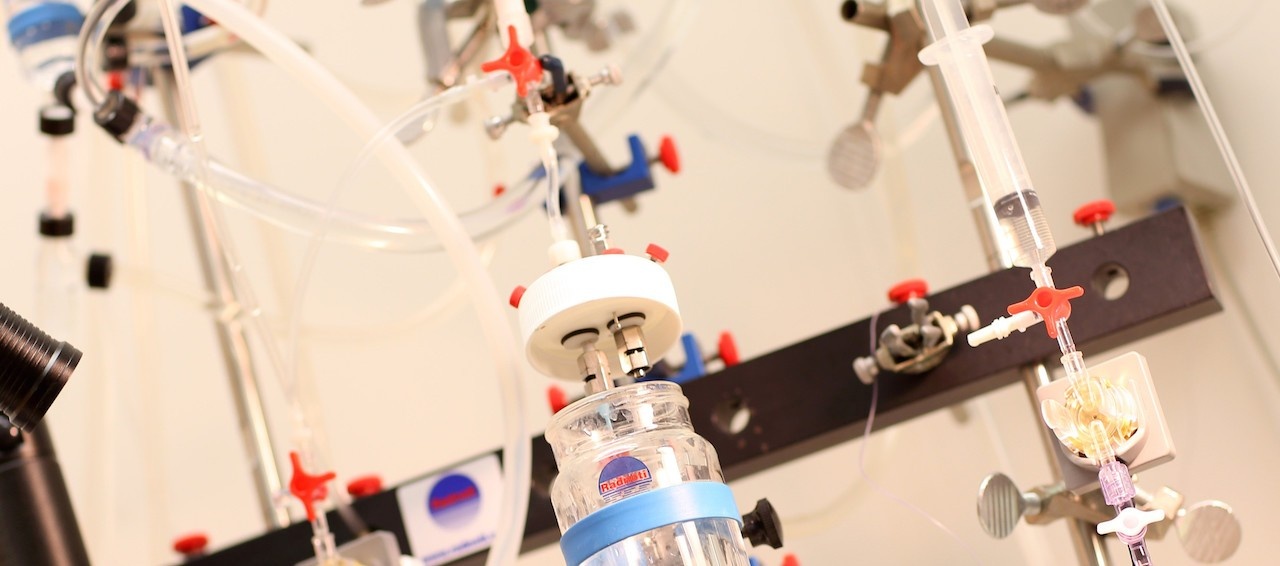Graduate Programs
Gain pharmacology research skills
The Pharmacology department offers both a MSc (~2 years) and a PhD (~4 years) graduate program.
As a pharmacology graduate, you will have prepared yourself for an exciting future as a capable scientist and researcher. By the time you’ve completed the program, you’ll have all the skills and knowledge you need to initiate and maintain research projects—in academic or industrial settings.
Pharmacology offers a diversity of research topics and training through courses and state-of-the-art research facilities.
All of our students receive financial assistance that covers tuition costs and more.
Classes
Systems Pharmacology I
(PHAC 5406)
This course introduces pharmacology, the study of the interactions of drugs with the human body. Topics include drug receptors, drug metabolism, and drug distribution. Drugs acting on the autonomic nervous system, skeletal muscle, cardiovascular system, antimicrobial medications, plus anti-cancer drugs will be discussed. Content experts in pharmacology present different topics.
Systems Pharmacology II
(PHAC 5409)
This course is designed to complement Pharmacology I. It covers drug classes acting on various human body systems with emphasis on basic principles, mechanism of the drug action, therapeutic indications and adverse drug reactions. Topics include drugs acting on the central nervous system, drugs of abuse, local and general anesthetics, drugs acting on various endocrine glands, reproductive, immune, gastrointestinal and respiratory systems, anticancer drugs and drugs used in selected populations.
Pharmaceutical Science, Law & Policy
(PHAC 6319)
This course provides students with a unique opportunity to learn about pharmaceutical policy challenges in an interdisciplinary environment. Open to students from the Faculty of Medicine, the course is co-located with a course offered to JD and LLM students from the Schulich School of Law, and will introduce students to the regulatory systems in place to govern pharmaceutical drugs and survey a number of ‘hot topics’ in the field, from national pharma-care, high-priced drugs for orphan diseases, and the opioid crisis, to legalizing cannabis. The course will also include guest lectures from experts in pharmaceutical sciences and key government agencies. Students will also learn new research and writing skills relevant to pharmaceutical science, law, and public policy.
Special Topics in Pharmacology
(PHAC 5627)/(PHAC 5628)/(PHAC 5629)
Students interested in topics not covered in formal courses may ask the department for special courses to meet their needs. The fields in which the department can offer instruction are reflected in the list of faculty research areas. Since different subjects may be covered each year, each course in the series has a separate number.
